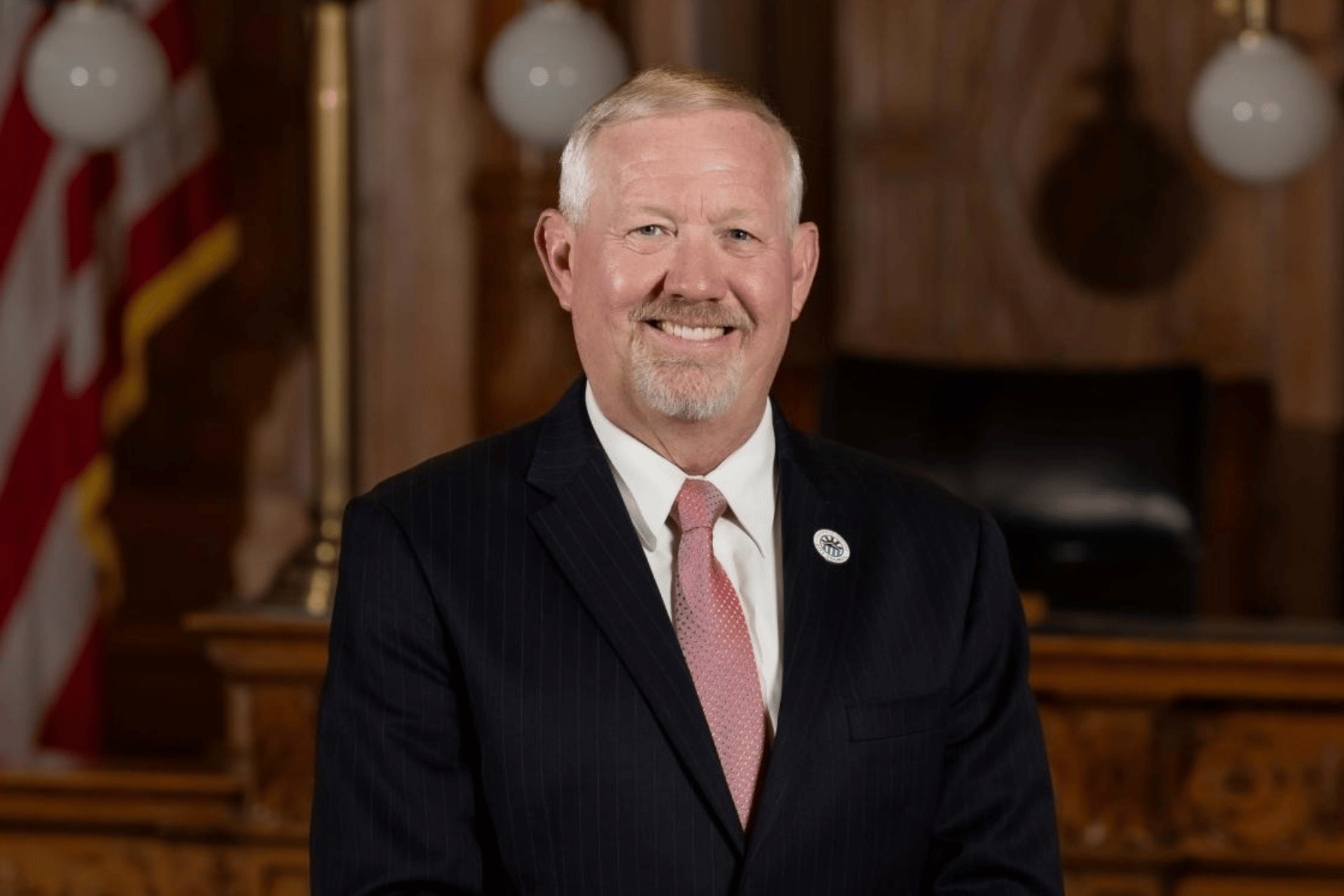
The Colorado Medical Society will announce on Friday its position on ColoradoCare, a proposed constitutional amendment for universal health care in the state. The Colorado Medical Society is the largest physicians organization in Colorado.
Here are some questions and answers about the measure, and what it could mean for those working in health care.
- ColoradoCare Backers Want Bernie Sanders' Help. Will He Pitch In?
- ColoradoCare: A Needed Health Care Overhaul, Or A Risky Economic Move?
ColoradoCare: How Much Would A Universal Health Care System Cost?
What kind of debate has the ColoradoCare ballot measure created for the state's doctors?
It’s generating plenty of discussion and debate, because this proposal would create major changes for Colorado’s healthcare system. The new approach would be significantly different for patients and providers.
Where do the doctors disagree?
Let’s break this down to three primary components -- coverage, cost and quality.
Dr. Mark Matthews backs the proposal. He’s practiced for Kaiser for 13 years and sees a lot of the poorest patients-- those on Medicaid. We should point out he doesn’t speak for Kaiser, which opposes ColoradoCare. Matthews says there are global disparities in health care that don’t favor the U.S. system.
“Our costs are almost twice as high as any industrialized country for healthcare and despite spending so much money," Matthews says. "Unlike the other industrialized countries we don’t cover everybody.”
Dr. Matthews says even with the Affordable Care Act, Colorado still has about a million people either uninsured or who can’t afford insurance. He likes that under the ColoradoCare health plan, they’d all be covered.
On the other hand, Dr. Tashof Bernton opposes ColoradoCare. He founded a rehab and occupational medicine practice in Aurora. He’s worried about the financial sustainability of such a huge health care program. Bernton cites an independent analysis by the Colorado Health Institute that says ColoradoCare would run into revenue shortfalls. He thinks that would result in three choices.
"If they have a problem with revenue shortfall, what are their choices?" Bernton says. "There are only three: cut benefits, cut reimbursement or go back to the citizens of the state and ask them for a higher tax increase. Number three is hard to see that happening. So that means they either cut benefits or cut reimbursement. Well what do you think they’re going to do? They’re most likely going to cut reimbursement.”
How does Dr. Matthews respond to that concern?
He says multiple economic analyses have shown the numbers do add up for ColoradoCare. And he says the governing board will be devoted to its patient population and will want to keep providers happy and invested in the system.
“ColoradoCare will be devoted to taking care of its patient population, so they’re not going to want unhappy, disgruntled providers," Matthews says. "And right now in the current system, I work as a salaried employee, more and more docs are being bought up by hospitals. I can tell you sometimes it’s just not fun to be a cog in the machine, and I think ColoradoCare would recognize that and be able to encourage smaller practices in giving them the financial means to stay in practice."
The critic of the plan, Dr. Bernton, worries such broad based health coverage might encourage a people to move to Colorado from out of state, just to get care. He also thinks some doctors could see a pay cut, from lower reimbursement and from the taxes levied to pay for the programs. They might move their practices out of state, he says. All of which, Bernton says, will lower the quality and availability of care.
“It’s set up so that we are going to in a shortage," Bernton says. "And rationing situation and the availability of care that people have come to expect, it’s not going to be there, because you’re going to have an increased demand and a decreased availability and you're going to have inadequate financing from the get go."
That’s overstating the case, according to Dr. Matthews who says doctors and patients would not move their lives or professions over healthcare.
What part of this issue can these two doctors agree on?
They both say there are many problems with the current system. But they disagree about whether ColoradoCare, or Amendment 69, is the best way to fix things. Here’s Matthews who’s for it and then Bernton who opposes it.
"I do think it’s time for a change, and I do think Colorado is a great place for it," Matthews says.
“It is not true anything is better than what we’ve got," Bernton says. "We can in fact construct systems that are worse than what we’ve got and unfortunately Amendment 69 is one of them."
At a meeting on Friday in Keystone, the Colorado Medical Society will announce whether it will support or oppose the ColoradoCare proposal--- or stay neutral. The society polled its members and that outcome led to an advisory committee recommendation that the board will vote on.
Editor's note: An earlier version of this story incorrectly stated that the Medical Society will meet on Thursday Sept. 15 to make their announcement. The correct date is Friday, Sept. 16.









